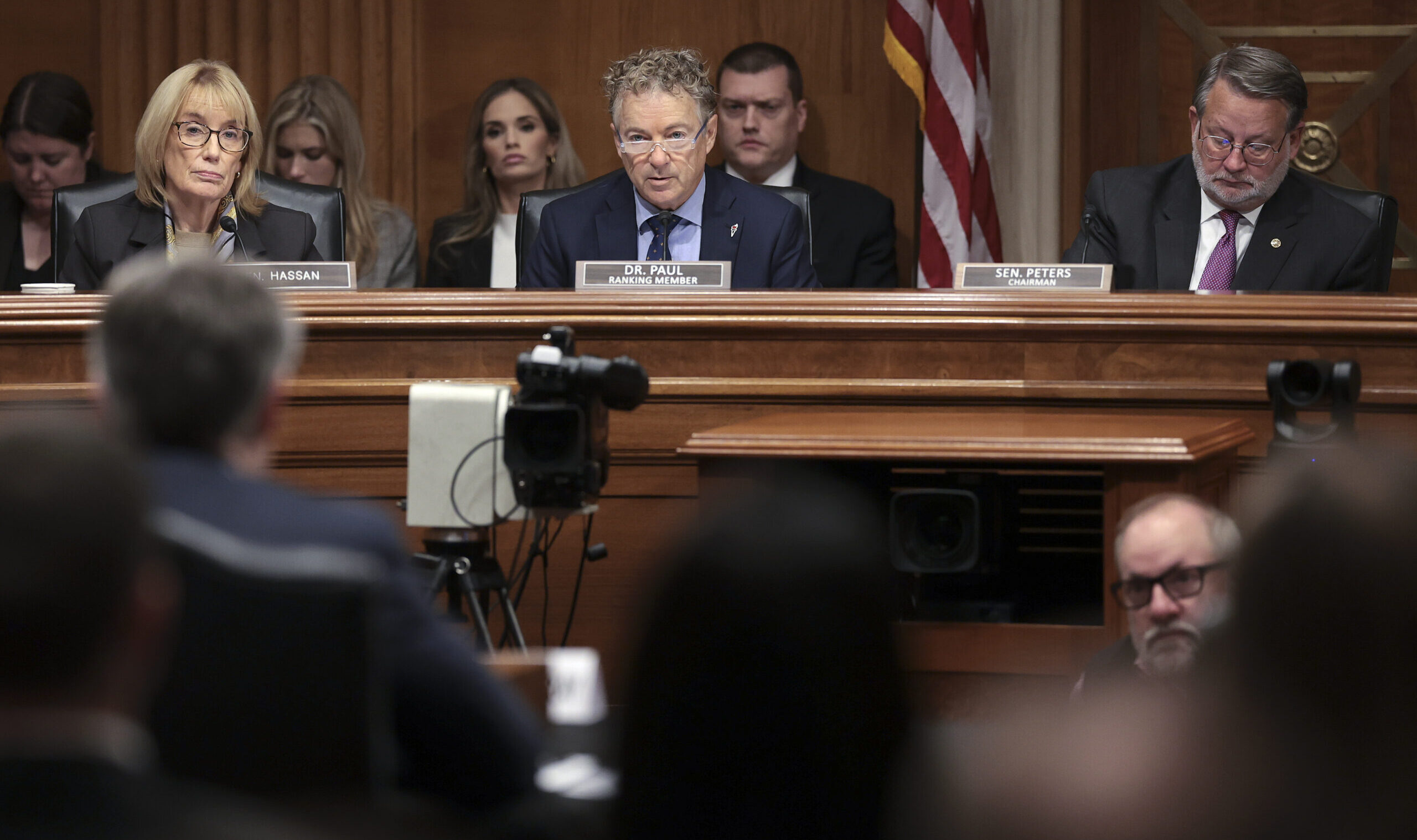Overestimating What the U.S. Can and Should Do
Commenting on recent coverage of Syria policy, Paul Pillar laments the tendency in American media to treat every foreign crisis as something that the U.S. has to and can “solve”:
A more likely explanation, however, is that this treatment illustrates a more general, and unfortunate, phenomenon of assessing U.S. policy according to how much the United States does to resolve any or every problem in the world that is serious enough to attract our attention. The unstated assumptions are that the United States can solve any such problem, and that it should solve such problems.
As Pillar goes on to say, it “is a mistake to assess the success or failure of U.S. foreign policy based on an image of the United States as an omnipotent global savior or policeman,” but this frequently appears to be how U.S. policies are judged in our own newspapers. If Ukraine is suffering from a serious political crisis, the U.S. has somehow “failed” to do enough to ameliorate it, and if the Syrian civil war inflicts terrible damage on Syrians and their neighbors it is because the U.S. has “failed” to intervene. If a foreign conflict or dispute is getting out of control or creating horrible consequences for the surrounding region, we always hear about the evils of U.S. “inaction” based on the assumption that the U.S. could resolve the issue if only it tried hard enough or did X. It never seems to occur to the people making these complaints that the U.S. might not be able to improve the situation even if it did everything it could, and it certainly doesn’t occur to them that there would be something wrong in trying.
It doesn’t make much difference if these complaints make sense or not. They are ready-made, all-purpose complaints that can be used in every situation no matter how preposterous they may be. If something is going wrong somewhere in the world, the people with the most exaggerated view of America’s role in the world hold the U.S. somehow responsible for its “failure” to prevent things that are entirely beyond its control, and at the same time they adamantly refuse to take responsibility for the things that the U.S. actually does. It’s a thoroughly warped understanding of moral responsibility, but unfortunately one that is only too common.
